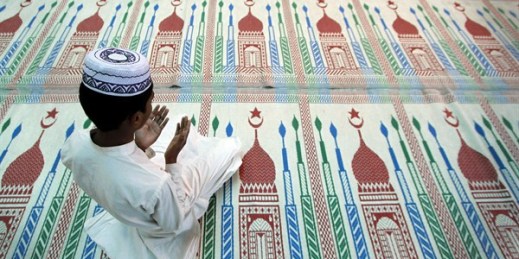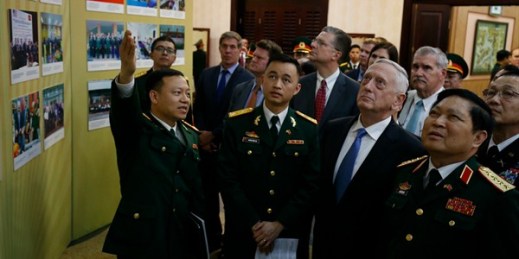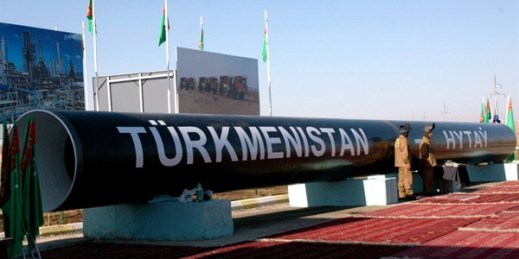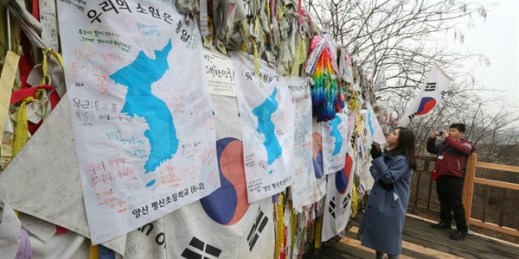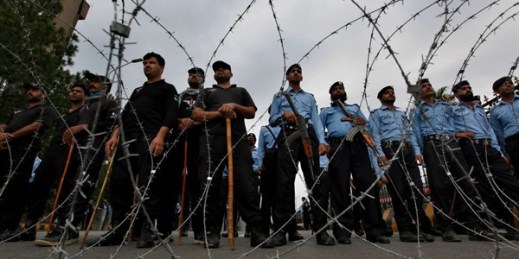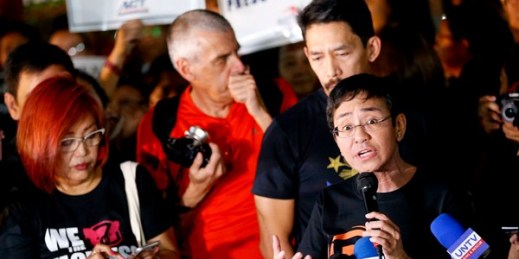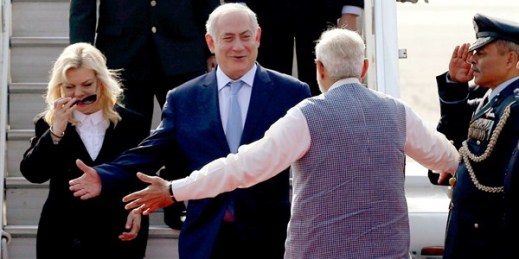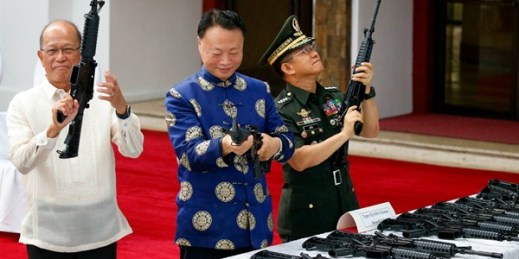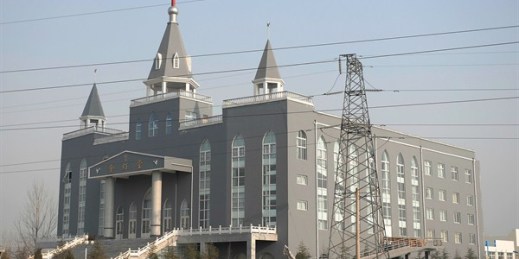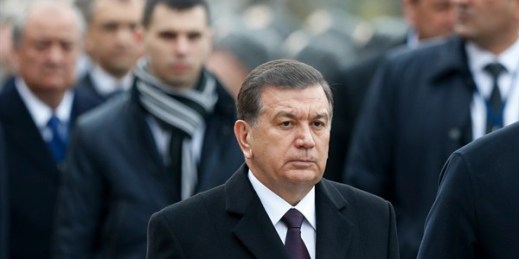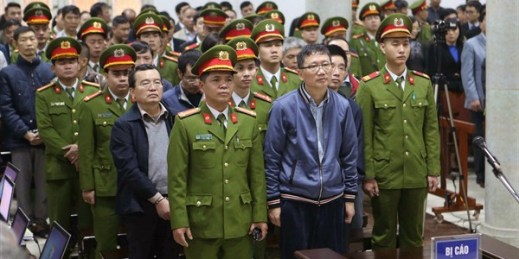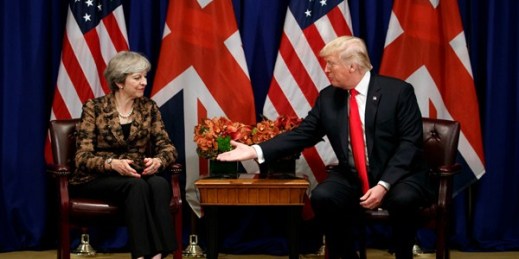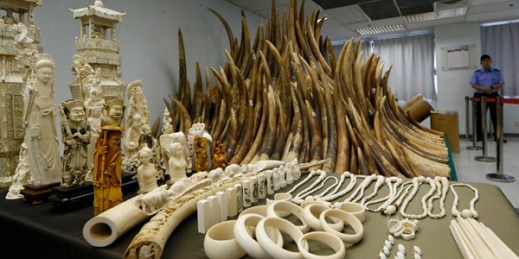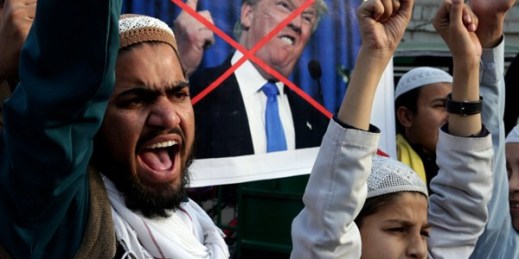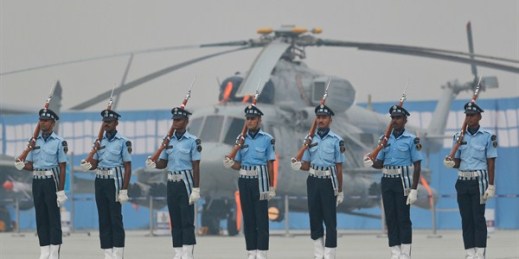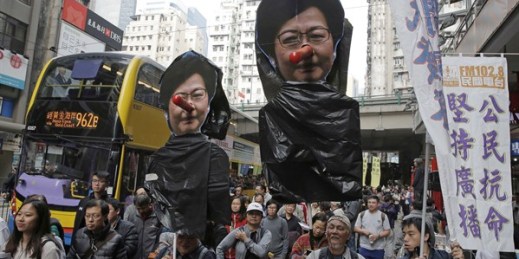
On Jan. 27, officials in Hong Kong disqualified Agnes Chow, a young pro-democracy activist, from running for office in a March by-election. The move sparked public outrage, coming less than two weeks after a Hong Kong court sentenced another activist, Joshua Wong, to jail for a second time for his role in the 2014 pro-democracy protests, known as the Umbrella Movement. In an email interview, Stephan Ortmann, an assistant professor of comparative politics at City University of Hong Kong, discusses the evolution of the pro-democracy movement and what steps the central government in Beijing and the government in Hong Kong […]

